World Water Day is celebrated on 22 March each year. It is promoted by the United Nations to raise awareness of the need to preserve and manage the most essential resource for life and the planet, water. This year’s campaign, #WaterforPeace, highlights the indispensable role of water for economic, environmental and social prosperity, and underscores the need to enhance partnerships between public and private actors to meet the needs of all people.
Climate change is increasing the frequency, duration and severity of periods of drought, which, coupled with increased demand for water and sometimes inefficient management, is making the resource an increasingly scarce commodity. In fact, according to IPCC data, approximately 50% of the world’s population suffers from severe water shortages for at least part of the year.
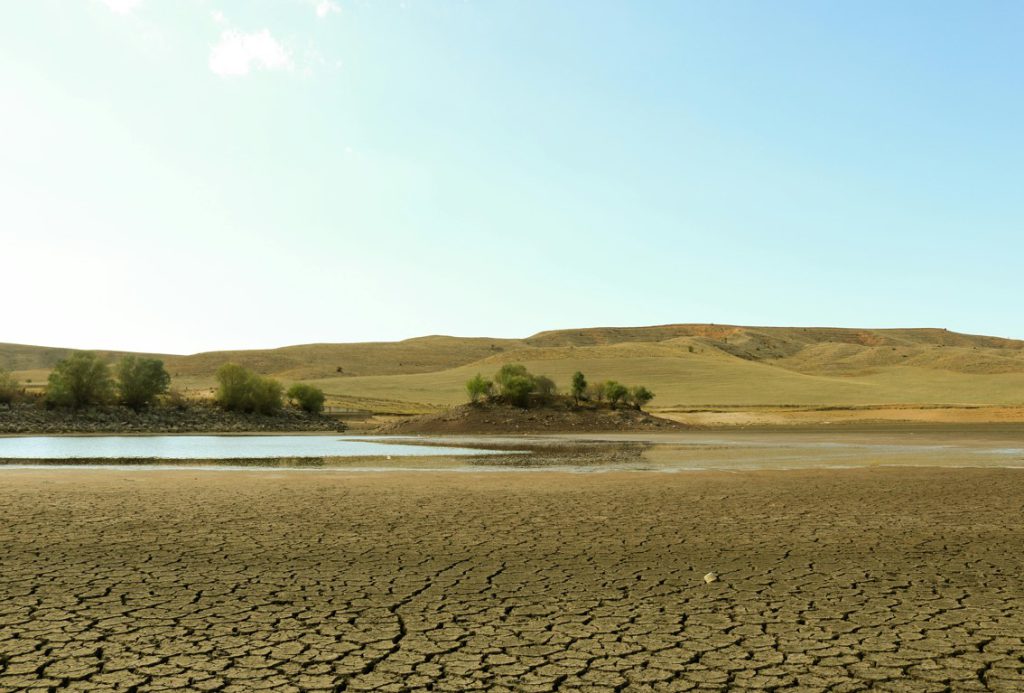
In the European Union, Spain is one of the countries most affected by climate change and water scarcity is a major challenge for much of the territory, especially southern Spain and Catalonia, which is currently experiencing the most severe drought in the last 70 years.
At Cetaqua, Water Technology Centre, we work to increase resilience to climate change through the application of circular economy models. An example of this is the strong commitment to the reclamation and subsequent reuse of water, which allows us to give a second life to the resource.
Some 80% of the wastewater generated by society is returned to the ecosystem without being treated or reclaimed. Therefore, one of our strategic areas focuses on the development of innovative solutions that guarantee territorial water resilience through water reclamation, both to return it to rivers and aquifers and to supply industry, cities and agriculture.
Thus, by applying an additional treatment to treated water, we achieve an alternative and complementary way to solutions such as groundwater and surface water abstraction, inter-basin transfers and desalination, contributing to the sustainability of the complete water cycle and to the preservation of ecosystems and biodiversity. Although it is considered the most sustainable option, it is still far from achieving its full potential. Therefore, we work on projects in collaboration with both public and private organisations to demonstrate that reclaimed water is a viable alternative both technically and economically.
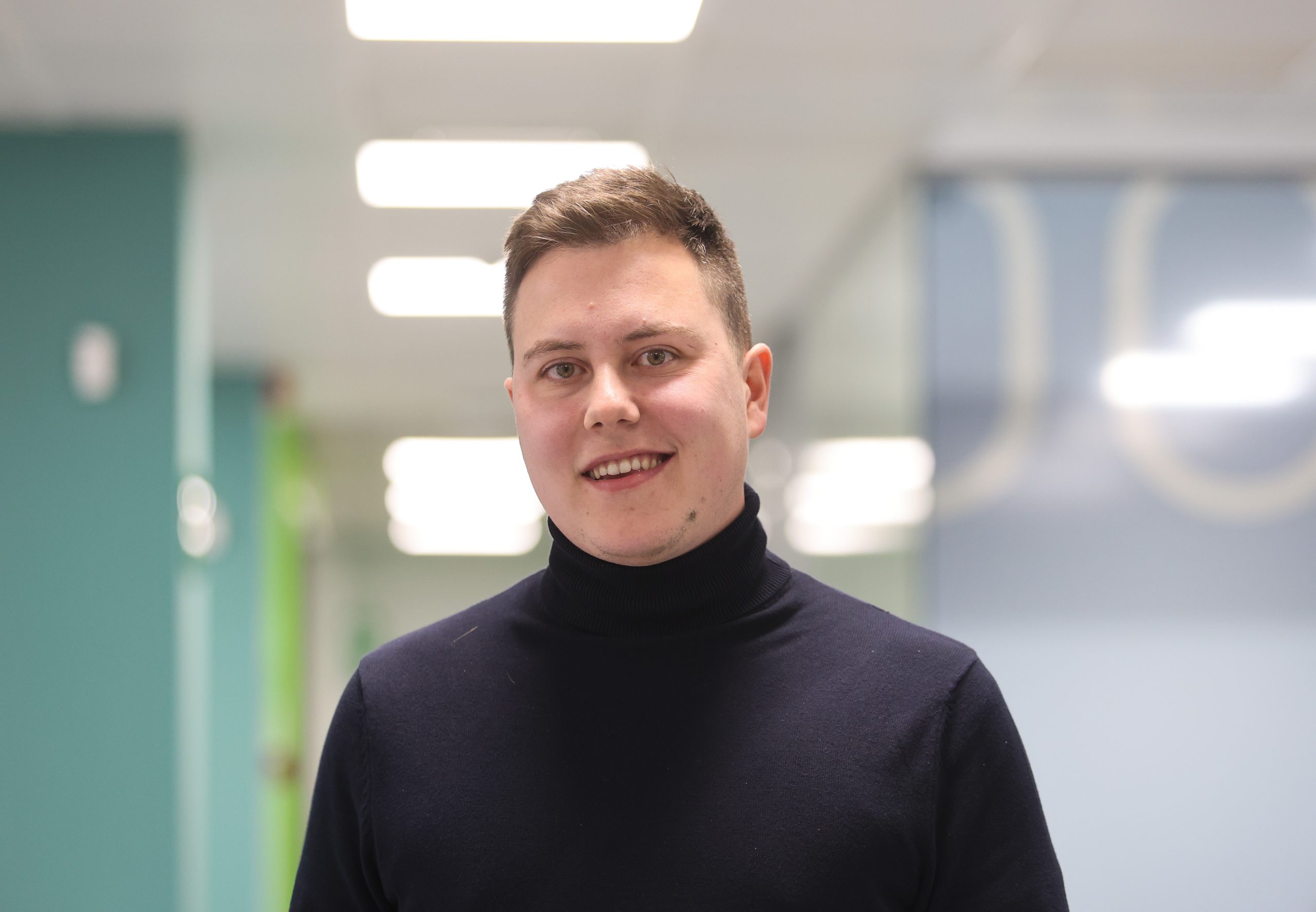
To ensure the suitability of reclaimed water for its intended use, it must be subjected to a rigorous additional or complementary treatment process. For this purpose, we have experimental platforms such as Mataró Reuse, through which we demonstrate the technical and economic feasibility of reclamation from the secondary effluent of the Mataró WWTP.
Likewise, we carry out RDI projects to develop new treatments and technologies that ensure that reclaimed water is of optimum quality, demonstrating the viability of this option. Examples include the European LIFE WARRIOR project, which we coordinate and whose objective is to develop and validate an innovative water reclamation scheme, ensuring compliance with European standards for crop irrigation. Another example is AGREEN, an experimental regenerative agriculture project that we carry out together with Aigües de Barcelona and the UPC, which involves different crops and reclaimed water sources.
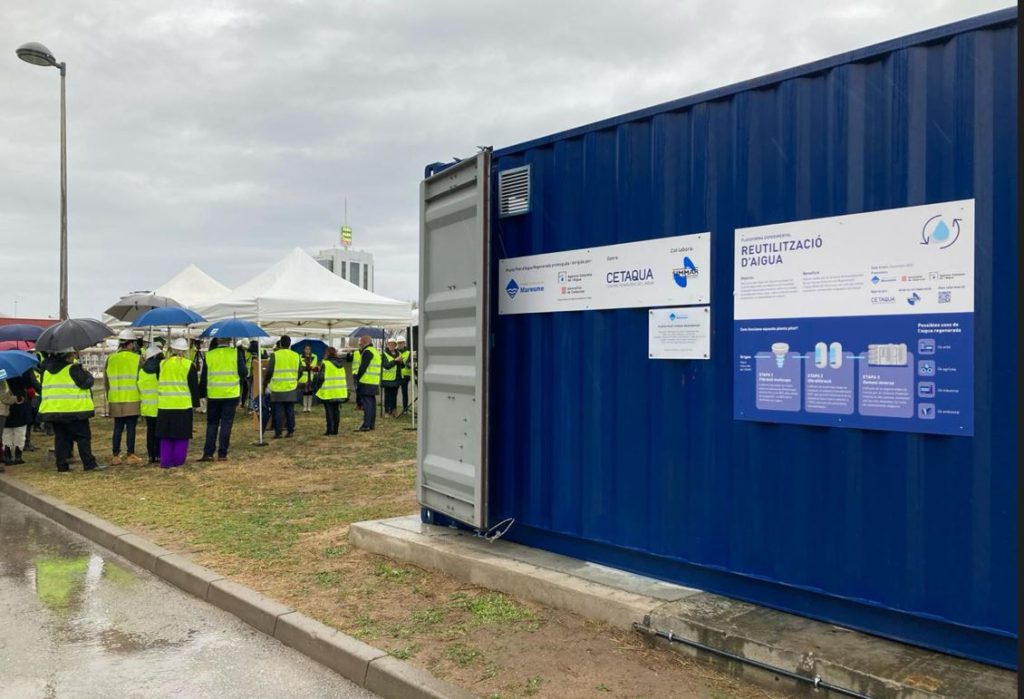
In Galicia, we are also involved in innovation demonstration projects such as Ruagua, an initiative promoted by the Consorcio de Aguas de Valdeorras, AquaOurense and Cetaqua within the Cotec Foundation’s DEMOS initiative, funded by IKEA. Through Ruagua, we seek to raise public awareness about the use of reclaimed water and bring this alternative water resource to all productive sectors and public services in the Galician municipality of A Rúa in a comprehensive, digital and efficient way, promoting sustainability and ensuring the availability of water during times of drought.
Moreover, with CIGAT Circular, we seek to develop advanced treatments to obtain reusable water for urban uses and fire prevention.
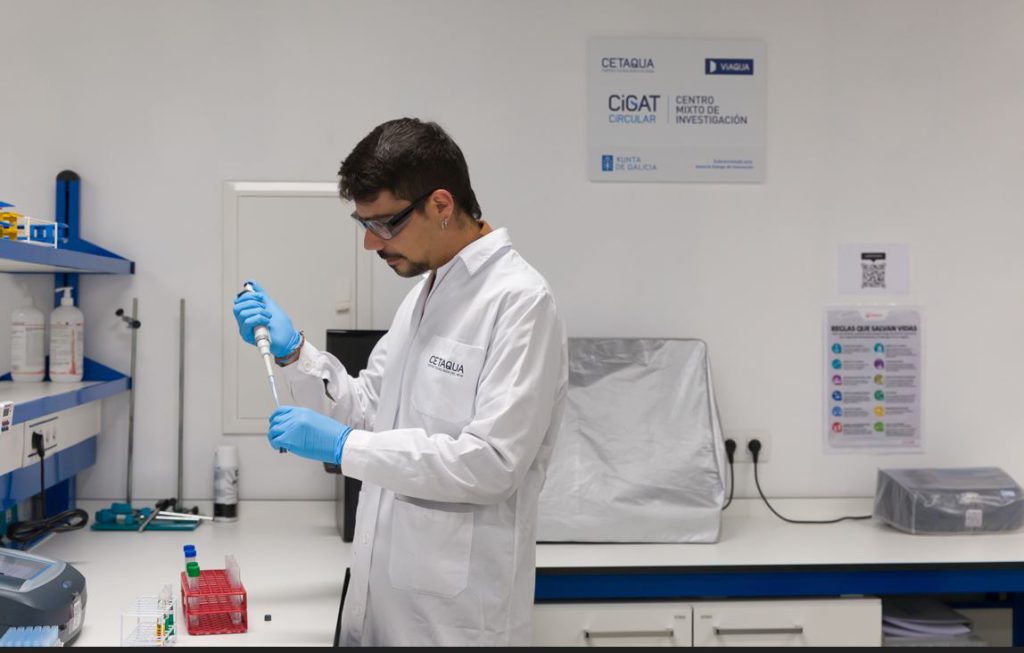
Another crucial strategy in the fight against water scarcity is managed aquifer recharge, i.e., using surplus water, for example in wet months, to recharge aquifers through infiltration mechanisms and make this water available during times of drought.
Cetaqua has more than 15 years of experience developing and demonstrating methodologies for managed aquifer recharge (MAR).
We work in European innovation projects such as LIFE Matrix, where we recharge aquifers with reclaimed water. This water is pre-treated with nature-based solutions (NBS) to ensure optimum quality. This process is rigorously monitored using digital tools that evaluate its environmental and health impact. The aim is to increase the groundwater resources available in the receiving aquifer by 15%.
With MARCLAIMED, in addition to implementing recharge with reclaimed water in the Llobregat basin and conducting recharge pilots with alternative water sources in Portugal and the Netherlands, we are working on the development of an integrated decision support tool (iDST) aimed at public institutions to address the challenge of integrating MAR with alternative water resources in hydrological and drought plans as a structural measure to mitigate water scarcity in Europe.
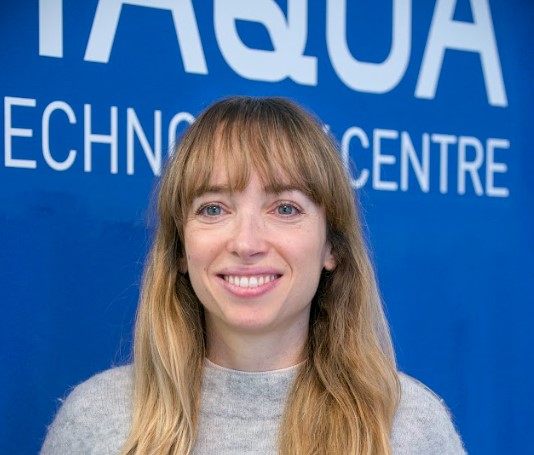
All these advances are possible thanks to public-private partnerships and collaboration as guarantors to contribute to economic, social and environmental progress, as well as to generate value for society as a whole, in line with the United Nations Sustainable Development Goals (SDGs).